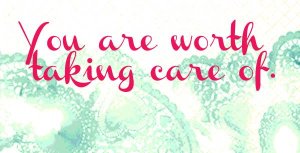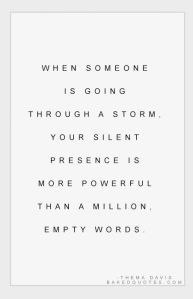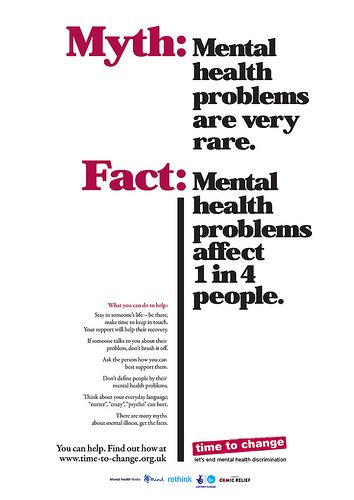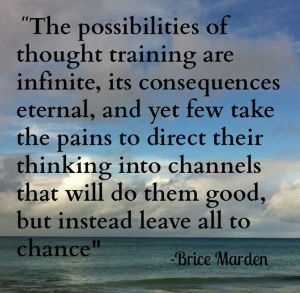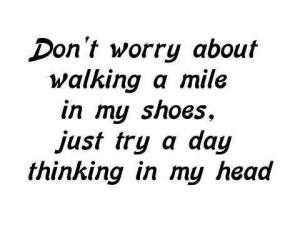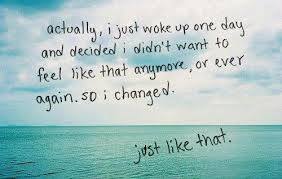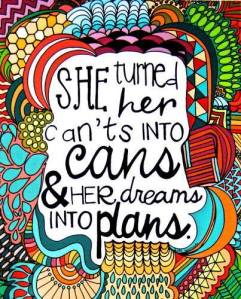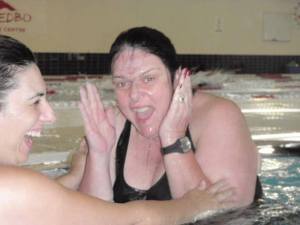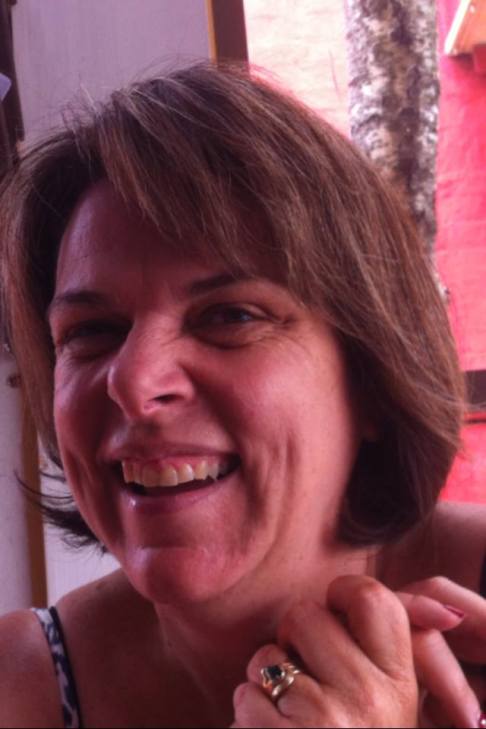Eat food, not feelings
Each of us experience stress in different ways and I thought it might be a good idea to share some of these differences. There is no “one size fits all”. It looks different and feels different for everyone, even though there are some similarities amongst us. I would like to introduce you to Carlie, a mum and business owner. She knows what it’s like to be hit with real life and the curve balls that can be thrown at us. Here she shares a small part of her life and how she has worked to change some of the habits that creep up on us when we are in the middle of the messy stuff. Carlie has learned some great lessons through it all and now wants to share them with others. Check out her links below her story …
———————————————————
I’m an emotional eater from way back. I never really knew that I was, until my younger brother passed away. People were constantly bringing food over to our house. I would pick away at it, partly for something to do with my hands and partly to fill a void which could never actually be filled with food. Suddenly I was 9 kilos heavier. I certainly wasn’t obese, but you can definitely feel 9kgs difference in your clothes and I didn’t like it.
I realised that this was a habit I’d had for a long time. When I was feeling stressed I would find myself looking for ‘comfort food’. It’s funny how we say that in an almost affectionate way – ‘comfort food’. We give children a sugary ‘treat’ as a reward. Just the other day I was in a shop and the attendant could see that my toddler had been crying. He handed her a lollipop to make her ‘feel better’. Drowning our emotions with ‘bad food’ is something that is often ingrained in us from a young age.
Throughout the stress I was feeling following my brothers passing and my fathers subsequent break down, I knew the emotional eating was something I needed to get under control. I somehow convinced the doctor to prescribe me diet pills so that I could ‘reset’ my bad habit and start fresh. Looking back, it was just a different way of treating my body really badly. I lost weight but I certainly wasn’t healthy. And it’s pretty hard to be happy when you’re not healthy.
Over the years that followed, I began a journey which involved a whole lot of soul searching and many hours of research and learning about food, health and wellbeing. I was amazed at how different I felt once I shifted my mindset. I started looking at food as fuel, not as a reward or as therapy or anything else. It’s just there to give us energy and nutrients. Of course we should enjoy it, I love food and I eat lots of it! But I make healthy choices now. I have learnt to eat in a way that nourishes my body and makes me feel alive. I know which foods weigh me down and zap my energy, and I know which foods energise me.
As a busy mum, feeling energetic and positive is so important. I need to make sure I am looking after me so that I can respond to my cheeky monkey with positivity and patience. It’s also very important to me that I provide a good example for my daughter and help her to develop a healthy relationship with food. I want her to love her body and treat it well, even as she approaches hurdles in her life.
In those times when I am really feeling stretched or frazzled or slumpy, the times when I might have turned to junk food in the past, I now try to catch myself in that moment and take a different approach. Instead of turning to food, I turn to one of what I like to call my ‘happiness islands’. Everyone’s happiness islands are different, but mine include a walk in the sunshine, a dance around the lounge room to my favourite song, a long hot shower, a class at the gym, an afternoon nap, a massage or a trip to the hairdresser. I find that the lounge room dance party is a popular favourite as it can be done at the drop of a hat, and I can include my daughter. She has a ball dancing around with mummy, and we are both giggling by the end of it. It shakes up the energy, makes the mind shift gears and most importantly it gets the endorphins pumping.
Have a think about it – what are your happiness islands? Is there something you can do next time you are feeling stressed out that is constructive and energising for you? If you would like to learn more about healthy living, please have a look at www.morethanmum.com.au/whatson
—————————————————————
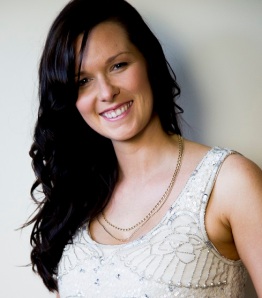 Carlie Burton is the author of More Than Mum, creator of ‘Find the U in Mum’ as well as ‘Shine Like a Diamond’. She is the mother of a 15 month old little girl and lover of all things health, fitness and natural living.
Carlie Burton is the author of More Than Mum, creator of ‘Find the U in Mum’ as well as ‘Shine Like a Diamond’. She is the mother of a 15 month old little girl and lover of all things health, fitness and natural living.








